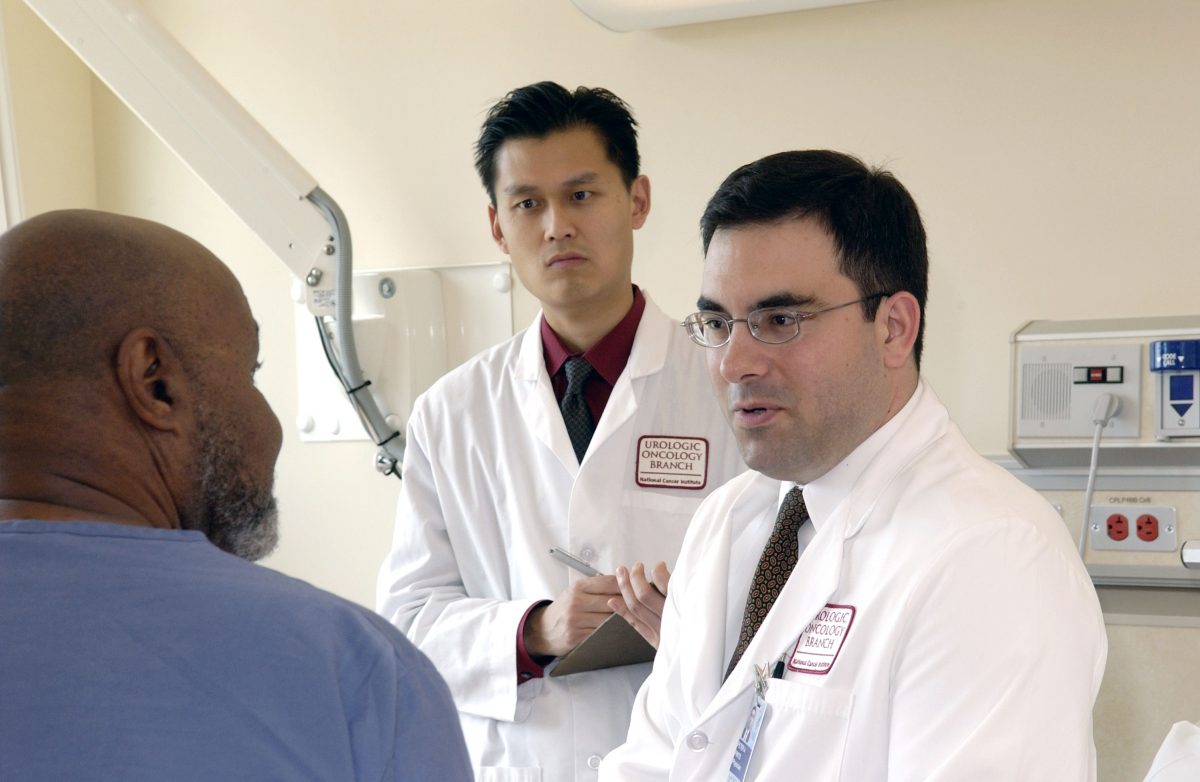It ain’t what you do it’s the way that you do it
And that’s what gets results
Melvin Oliver and James Young lyrics. 1939
It is a fact that communication problems and poor ability to handle problematical situations, rather than ignorance, is the main cause of exam failure particularly at postgraduate clinical exams such as MRCP(UK). Indeed some candidates appear to actively assist in achieving failure, without the need for any judgement to be made by examiners!
Everyone has their own opinion, especially examiners, but there are general pieces of advice that may be useful. You should not thoughtlessly use these suggested techniques, clichés or gambits but rather should develop your own style such that you can respond to problematical questions or situations.
Examiners hunt in pairs. Despite some popular misapprehensions, and despite the fact that examiners resemble predators in that they typically have eyes in the front of their faces, most examiners are not predators. So if you feel that the examiner who is taking the lead on questioning you is giving you a hard time, it is likely that the other examiner’s grading will compensate.
Interacting With The Examiner
After the examiner introduces you to the patient say ‘thank you’. Two small words which set the right tone for the interactions to follow. After presenting your findings try to anticipate the questions an examiner might ask. In this (use the name!) patient I would need to know the results of…’ It shows initiative if you take forward the discussion and volunteer, rather than waiting to be asked, important tests that would confirm your diagnosis and say what the result should be.
Be focussed – routine blood tests may be relevant but if they would probably be normal do not stress them. For example, with jaundice: ‘apart from routine tests the important test would be testing the urine for bilirubin, liver function tests to differentiate between hepatitis and obstruction, and then an ultrasound looking for anatomical biliary tract obstruction’. These days saying ‘yes’ or ‘no’ is rarely treated as definitive and often evokes a reply ‘yes, but….’ or ‘no, but…’ If you do wish to be definitive when answering an examiner, reply ‘absolutely’ or ‘never’. When answering almost any question you may be able to reply that your answer is controversial (you are aware and thus well informed) or interesting (you find medicine exciting) or multifactorial (you are well informed that there is no simple single easy answer). Use words that suggest medical insights. For example ‘surprisingly’ or ‘strangely’ or ‘counter-intuitively’. If your answer is coming to an end avoid ‘drying up’ by asking ‘is that all you want to know?’
Candidates should dress smartly and conservatively. Most examiners are surprisingly tolerant of current fashions, but a scruffy appearance (jeans and trainers) are not likely to impress. Use eye contact, do not fidget, or appear withdrawn. Make your responses simple, controlled and confident. Smile when appropriate. Never forget the patient’s name – it creates a good impression if you mention their name several times. It is far better to remark “Mr X has got Y” rather than “the patient has Y.”
Even if asked to examine a system always conduct a quick general visual assessment, always make it obvious that you have taken a global view of the patient and that you have not immediately focussed on what you were told to do on the instructions. For example, if told to “examine the patient’s abdomen” it would be daft not to note jaundice or extra-abdominal signs of chronic liver disease.
